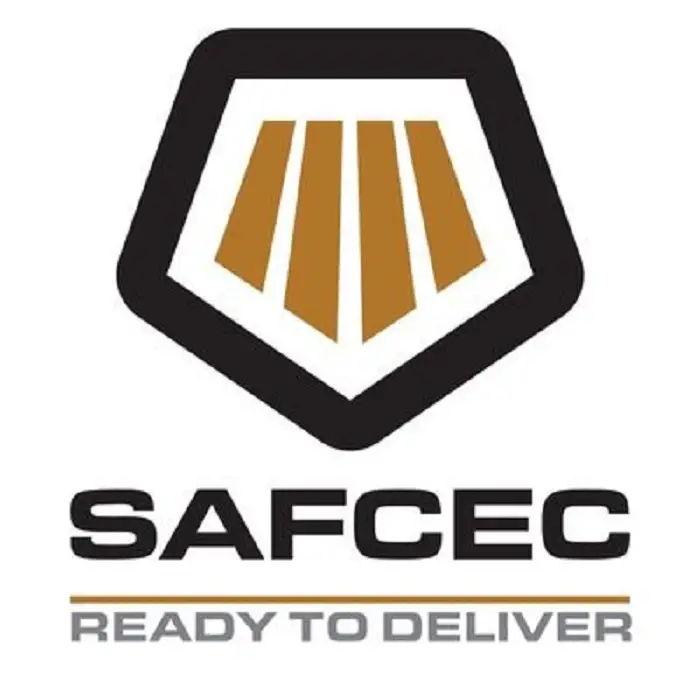The South African Forum of Civil Engineering Contractors (SAFCEC) has announced that the National Treasury has published an instruction note that from the 1st of February 2017, steel products and components for construction have been designated.
SAISC started the process with power lines in 2009 and applied for designation of power station steelwork in 2012.
What does this mean? It means that government buyers must specify only locally produced steel products and components on government projects.
This is an important break-through for the Industry as it recognizes the major role played by the Steel Construction Industry in developing the country and achieving job preservation and job creation.
The dti acknowledges that the designation instrument is only as strong as the level of compliance by departments and Socs. Detailed compliance guidelines have now been produced in collaboration with the National Treasury, which will guide the auditing and reporting frameworks.
We need to work with the dti to ensure, training and capacity building are done with institutions that lead public procurement and strategic sourcing and monitoring and evaluation is necessary. This has started to bear fruit in the power line industry under the guidance of
POLASA.
It is clear from the above that the work the SAISC had been doing for some time to create awareness and appreciation for the contribution our industry is making and can make has now borne fruit. Our products, namely “Fabricated Structural Steel” can typically achieve a lOO o local content requirement and therefore contribute meaningfully to meeting local content targets on other products such as harbour cranes, etc.
All government buyers will not fall over themselves to now insist on buying South African and we as an industry will have to make every effort to hasten compliance.
Any suspected import of fabricated structural steel has to be reported and investigated. Although mines and others are not bound by “designation”, it provides a strong basis from which to encourage private industry to support local industry.
The industry dare not relax, as the underlying assumption is that we will improve competitiveness and maintain high levels of engineering excellence and quality. Members must redouble their export efforts as this is the best proof of competitiveness and productivity.
Founded in 1939, SAFCEC has been a leading voice and advocate for its members in the civil engineering contracting sector. It has a track record of influencing policy and regulatory change to facilitate an environment conducive to job creation and of representing the interests of its members in terms of the Labour Relations Act.
